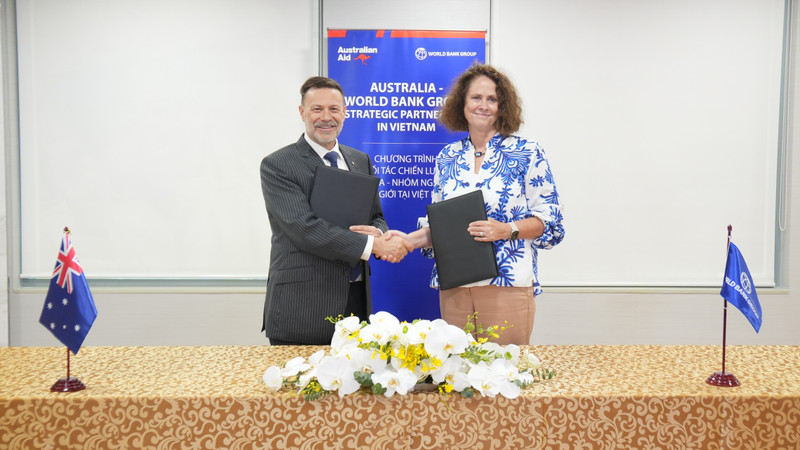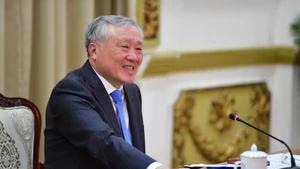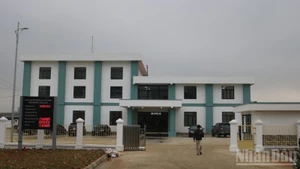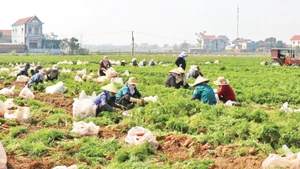The partnership started in 2012 and will continue until 2026, and is valued at 95 million AUD.
The partnership is designed to support Vietnam’s development agenda by providing data, analysis and technical assistance to support policies that are informed, inclusive and sustainable.
Australian Ambassador to Vietnam Andrew Goledzinowski said, “The extension of our partnership with the World Bank comes during our 50th anniversary of Australia and Vietnam’s bilateral relations and demonstrates our ongoing commitment to Vietnamese men and women.”
He added that “For Vietnam to realise its ambition to become a high-income country in 2045, the legislative reform process and strong governance continue to be essential.”
The areas of support are of strategic importance for Vietnam, including institutional reforms, social equity and inclusion, the transition to a low-carbon economy and innovation-driven growth.
“We are grateful that Australia has made available this additional resource to enable our Australia-World Bank Partnership to support Vietnam in this critical stage of its development as the country looks for ways to achieve its aspiration for high-income status in 2045,” said Carolyn Turk, World Bank Country Director for Vietnam.
Over the past five years, the Australia and World Bank partnership has had an impact on more than 58 policies and regulations and helped drive meaningful legislative change.
Recent examples include the Prime Minister’s decision on the Mekong Delta Regional Master Plan for 2021-2030, the Ministry of Labour, Invalids and Social Affairs’ circular on career guidance and job counselling, which is estimated to benefit over 2 million students, and its guidance on the rollout of digital social assistance payments to all 63 provinces with approximately 3.5 million beneficiaries.
The partnership also provided data that helped informed improvements in child-care services for the Labour Code of 2019.
















